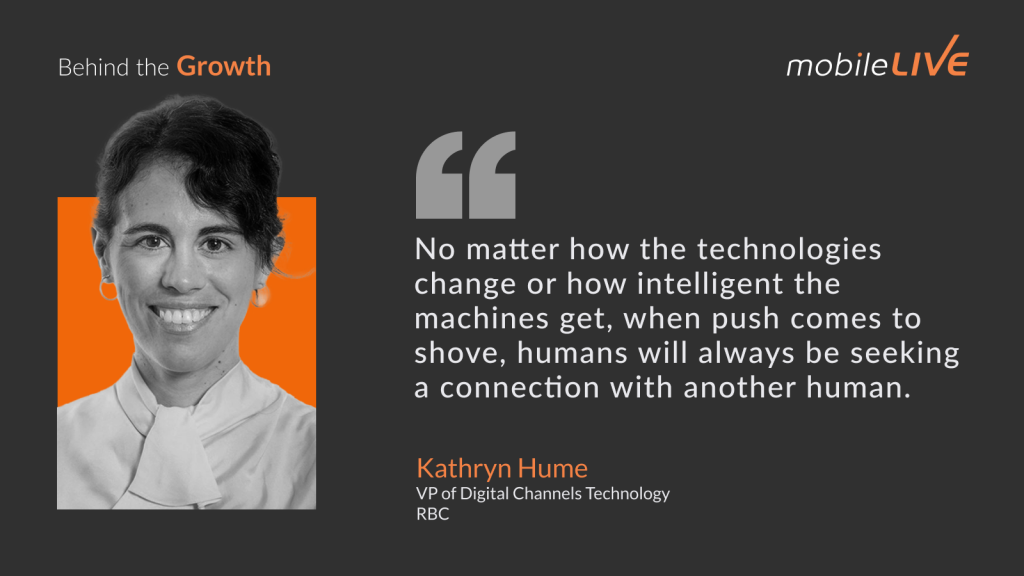Key Insights
Strong Business-Technical Partnerships Drive AI Success
Pairing technical expertise with deep business understanding is crucial for successful AI applications. Businesses need both algorithm designers and domain experts who understand the data, its origins, and the company’s objectives. This collaboration ensures that machine learning solutions are practical and effective. For instance, at RBC, building strong partnerships between technical teams and business units, like retail banking and capital markets, has been essential. These partnerships allow for better problem definition, data interpretation, and algorithm implementation. This strategy leads to AI applications that provide real business value and align closely with the company’s goals. A clear, iterative design process that involves regular feedback and adjustments further enhances the chances of success.
Ethical Considerations Are Essential in AI Development
Ethical AI development must address privacy, bias, and the impact of historical data. Privacy is paramount, and techniques should be used to anonymize data to prevent individual identification. Bias in AI can result from unrepresentative training data, so it is crucial to oversample underrepresented groups to improve algorithmic fairness. Additionally, AI systems should not simply replicate past behaviors if those behaviors are not desirable; instead, they should be designed with progressive goals in mind. This approach may involve trade-offs between accuracy and ethical considerations, but it is necessary to ensure that AI systems contribute positively to society. Developers must engage in interdisciplinary discussions to navigate these complexities effectively.
AI Innovation Requires a Balance of Long-term Research and Immediate Applications
Balancing long-term research with immediate applications is key to driving AI innovation. Companies should adopt a strategy that includes working on immediate, market-ready algorithms, exploring bottom-up ideas through proofs of concept (POCs), and engaging in North Star research focused on solving open machine learning questions with significant potential impact. This multi-horizon approach allows teams to address current business needs while also pushing the boundaries of AI capabilities. It fosters an environment where team members can contribute to both short-term projects and long-term research, keeping the work dynamic and innovative. This balance ensures that AI development remains relevant and continues to advance, providing sustained value over time.

Episode Highlights
Unique Career Path Blending STEM and Humanities
Kathryn Hume’s career path blends STEM and humanities, starting with her early interest in both math and literature. She pursued an undergraduate degree in math and literature at the University of Chicago, where she was encouraged to explore humanities deeply. This interdisciplinary background influenced her approach to technology and AI, emphasizing the importance of integrating technical skills with a broader understanding of human experiences.
“I’ll always remember when I did my undergraduate degree at the University of Chicago, starting off in math and then ended up with a joint degree in math and literature […] I think that in a nutshell, that experience with my advisor almost captures the thrust of my career thereafter, where I’ve always approached the technical side of things with an eye of a humanities.”
Challenges and Opportunities in a Non-linear Career
Kathryn discusses the challenges and opportunities of her non-linear career, including overcoming imposter syndrome and leveraging her humanities background for strategic thinking. Her journey from marketing and sales engineering to leading roles in AI underscores the value of diverse experiences and the ability to approach problems from various perspectives.
“I didn’t come up starting off as a developer and moved into a senior developer role […] I just tried to put myself into their shoes […] I actually find that mindset is quite useful in executive work in sales work.”
Importance of Human Connection in AI
Kathryn emphasizes the enduring importance of human connection, regardless of technological advancements. She believes that no matter how intelligent machines become, human interactions and meaningful lives will always be paramount. This perspective shapes her approach to AI, balancing technical innovation with human-centric values.
“No matter how the technologies change, no matter how intelligent the machines get, when push comes to shove, humans will always be seeking a connection with another human we humans working in companies have, and leaders have the responsibility of helping other humans lead meaningful lives.”
Managing Change During RBC’s Acquisition of HSBC
Kathryn outlines the challenges and strategies involved in RBC’s acquisition of HSBC Canada. This major operation required precise technical execution and effective team collaboration. The process involved converting data systems over a single weekend and integrating new customers and employees, highlighting the importance of preparation, monitoring capabilities, and adaptability in managing large-scale changes.
“Because HSBC Global remains an international functioning entity and it was only divesting itself of the Canadian business, we basically had to convert all of the data into our systems over one weekend […] we improved a lot on our monitoring capabilities.”







